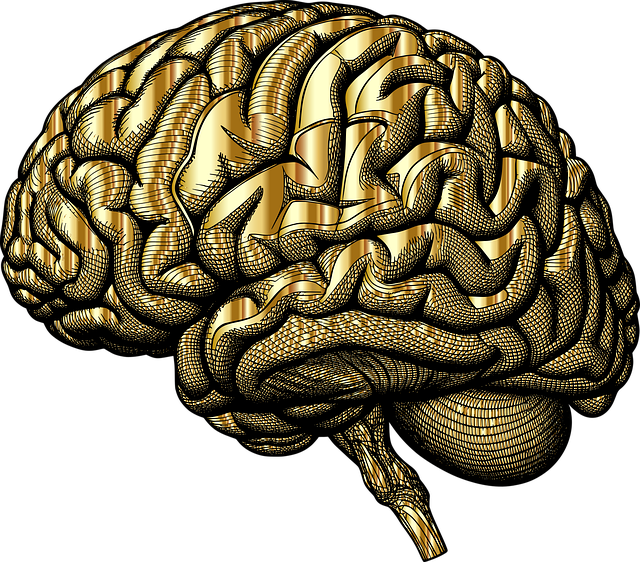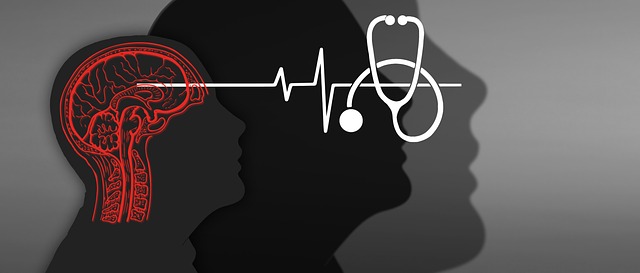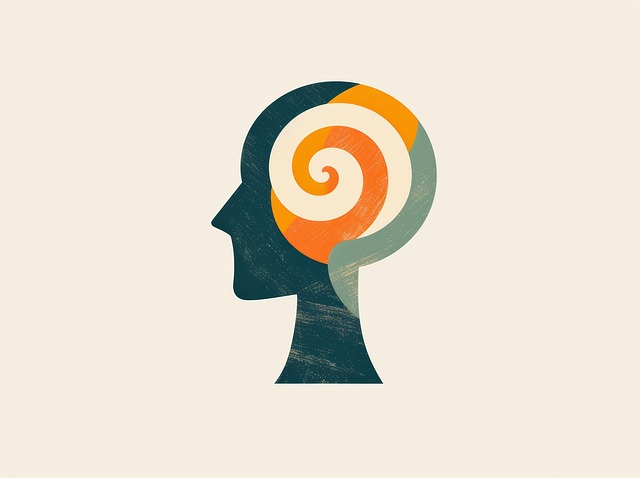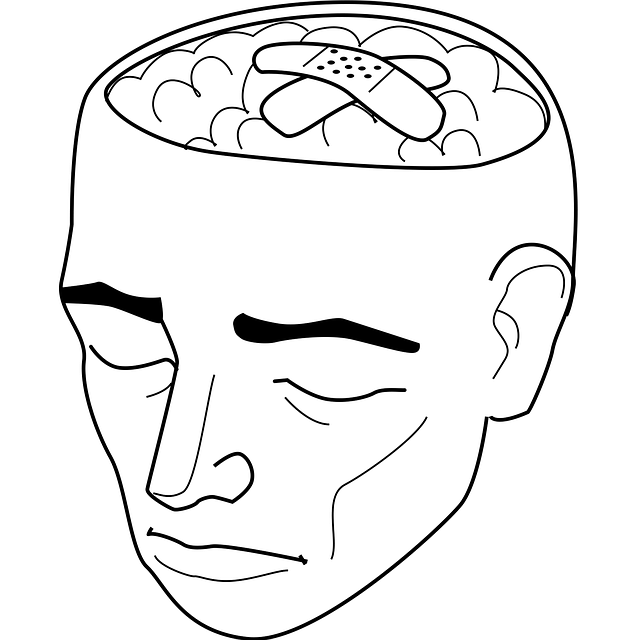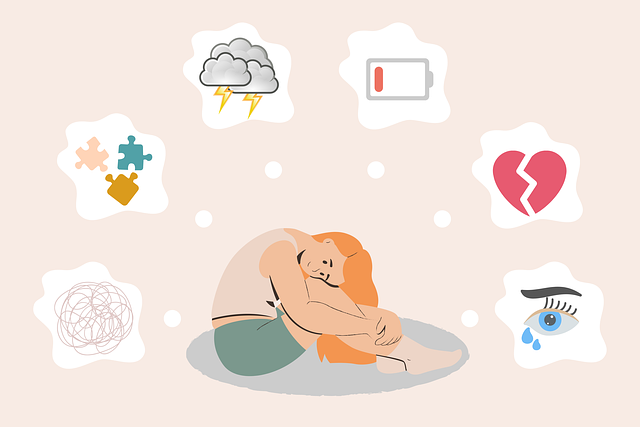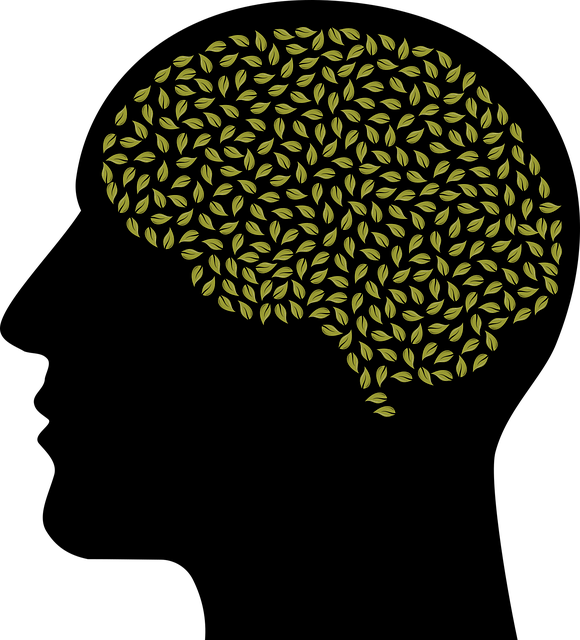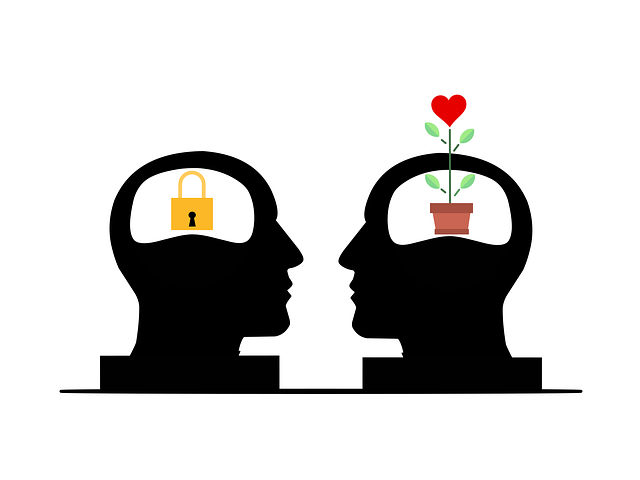Depression, a complex mental health issue, is preventable through recognizing triggers like genetic predisposition, brain chemistry imbalances, or traumatic events, and addressing social isolation. Lone Tree Anger Management Therapy equips individuals with emotional intelligence and social skills to manage anger effectively, preventing depression from unresolved conflicts. Adopting a healthy lifestyle, including regular exercise, good sleep hygiene, mindfulness through meditation, and self-care practices, enhances mood and stress resilience. Support groups complement therapy, fostering peer connections and shared experiences. By developing effective coping strategies like constructive emotional expression, social support, self-care, and adaptability, individuals can navigate difficult times with strength and hope, avoiding burnout.
Depression is a prevalent and serious mental health challenge, but with proactive strategies, prevention is achievable. This article explores various tools to combat depression, offering insights into understanding its triggers, from environmental factors to biological influences. We delve into lifestyle adjustments that promote well-being, emphasizing the power of exercise, mindfulness, and healthy habits. Additionally, we highlight the effectiveness of therapy, support groups, and coping mechanisms tailored to navigating difficult times, providing a comprehensive guide for those seeking to prevent or manage depression, including strategies from Lone Tree Anger Management Therapy.
- Understanding Depression and Its Triggers
- Lifestyle Changes for a Healthier Mindset
- The Role of Therapy and Support Groups
- Coping Strategies to Navigate Dark Times
Understanding Depression and Its Triggers

Depression is a complex mental health condition that can significantly impact an individual’s daily life and overall well-being. It’s more than just feeling sad or having a low mood; it’s a persistent state that can disrupt one’s ability to function and find joy in activities they once enjoyed. Recognizing the signs and understanding potential triggers are essential steps towards prevention. Many factors can contribute to depression, including biological, psychological, and environmental influences. For instance, genetic predisposition, brain chemistry imbalances, and traumatic life events like loss or chronic stress can all play a role. Additionally, social isolation and loneliness have been increasingly recognized as significant risk factors, especially in modern times when public awareness campaigns are crucial for promoting mental health.
One effective strategy to combat these triggers is through therapy, such as Lone Tree Anger Management Therapy, which focuses on emotional intelligence and improving social skills (Social Skills Training). These therapies empower individuals with coping mechanisms to navigate challenging situations and regulate their emotions healthily. By fostering better understanding and communication, both within oneself and in relationships, people can build resilience against depression. Public Awareness Campaigns Development plays a vital role here by educating communities about mental health, reducing stigma, and encouraging early intervention and support-seeking behaviors.
Lifestyle Changes for a Healthier Mindset

Adopting a healthier lifestyle can significantly contribute to preventing and managing depression. Regular physical activity, for instance, plays a pivotal role in enhancing mood and reducing symptoms of anxiety and depression. Incorporating activities like walking, yoga, or even dancing into your routine can release endorphins, often referred to as ‘feel-good’ hormones, which promote emotional well-being. Additionally, prioritizing sleep hygiene ensures that you get sufficient, quality rest, which is essential for regulating emotions and maintaining mental resilience.
Lone Tree Anger Management Therapy emphasizes the importance of understanding and managing anger effectively as a proactive approach to emotional healing processes. By learning techniques to control and channel anger constructively, individuals can reduce the risk of depression stemming from unresolved conflicts or recurring anger issues. Moreover, cultivating mindfulness through practices like meditation can enhance self-awareness, boost confidence, and provide valuable coping mechanisms for navigating life’s challenges, thereby fostering a healthier mindset.
The Role of Therapy and Support Groups

Depression prevention strategies often include a combination of self-care practices and professional support. One powerful tool in combating depression is therapy, which provides individuals with a safe space to explore their emotions, thoughts, and behaviors. Through various therapeutic approaches, such as Lone Tree Anger Management Therapy, people can learn coping mechanisms, improve their mood management skills, and develop healthier ways of dealing with stress and difficult situations.
Support groups play a complementary role in depression prevention by offering peer-to-peer connections and shared experiences. These groups foster a sense of belonging and provide a platform for individuals to express themselves without judgment. The collective understanding and encouragement within support groups can significantly contribute to burnout prevention, helping individuals navigate their journey towards better mental health and overall well-being.
Coping Strategies to Navigate Dark Times

Navigating dark times can be challenging, but developing effective coping strategies is essential for mental well-being. One powerful tool in the fight against depression is Lone Tree Anger Management Therapy. This form of therapy helps individuals process and manage intense emotions, including anger, which can often contribute to feelings of despair. By learning healthy communication strategies and building resilience, people can better navigate life’s stressors and avoid burnout.
Resilience building involves equipping oneself with mental toughness and adaptability. Communication strategies, such as expressing emotions constructively and seeking support from loved ones, are vital for maintaining a sense of connection and perspective during difficult periods. Additionally, preventing burnout is crucial; this can be achieved by setting boundaries, prioritizing self-care, and engaging in activities that bring joy and relaxation. Combining these approaches empowers individuals to confront dark times with strength and hope, fostering a more positive and resilient mindset.
Preventing depression involves a multifaceted approach, from understanding its triggers to adopting lifestyle changes and seeking support. Incorporating regular exercise, maintaining a balanced diet, and prioritizing sleep can significantly enhance mental well-being. Consulting with a therapist or joining support groups offers valuable guidance and a safe space for sharing experiences. Additionally, learning coping strategies allows individuals to navigate challenging times more effectively. For those in the Lone Tree area, Anger Management Therapy also serves as a powerful tool, addressing underlying issues that may contribute to depression and promoting emotional resilience. By combining these strategies, individuals can take proactive steps towards maintaining and improving their mental health.

